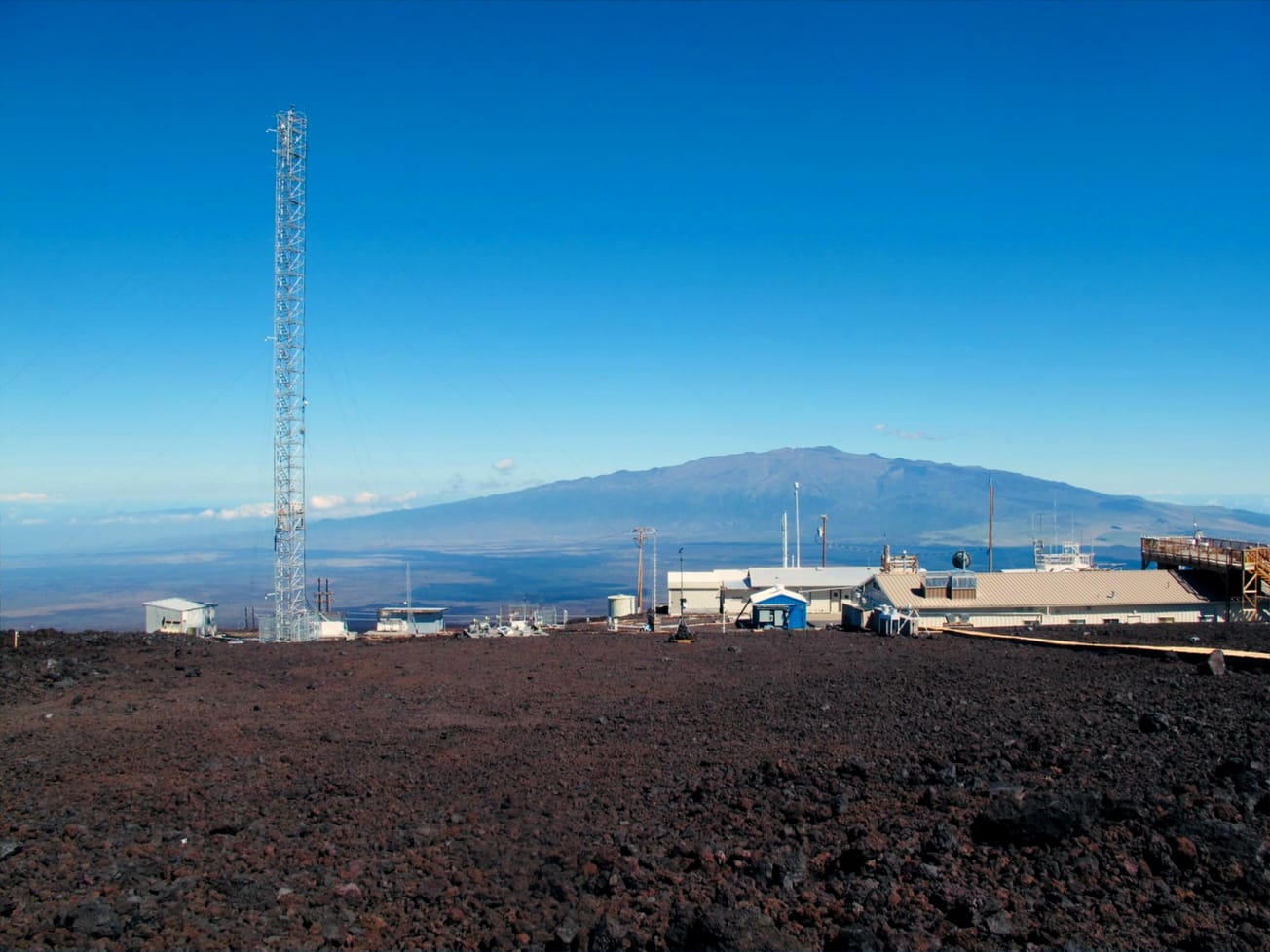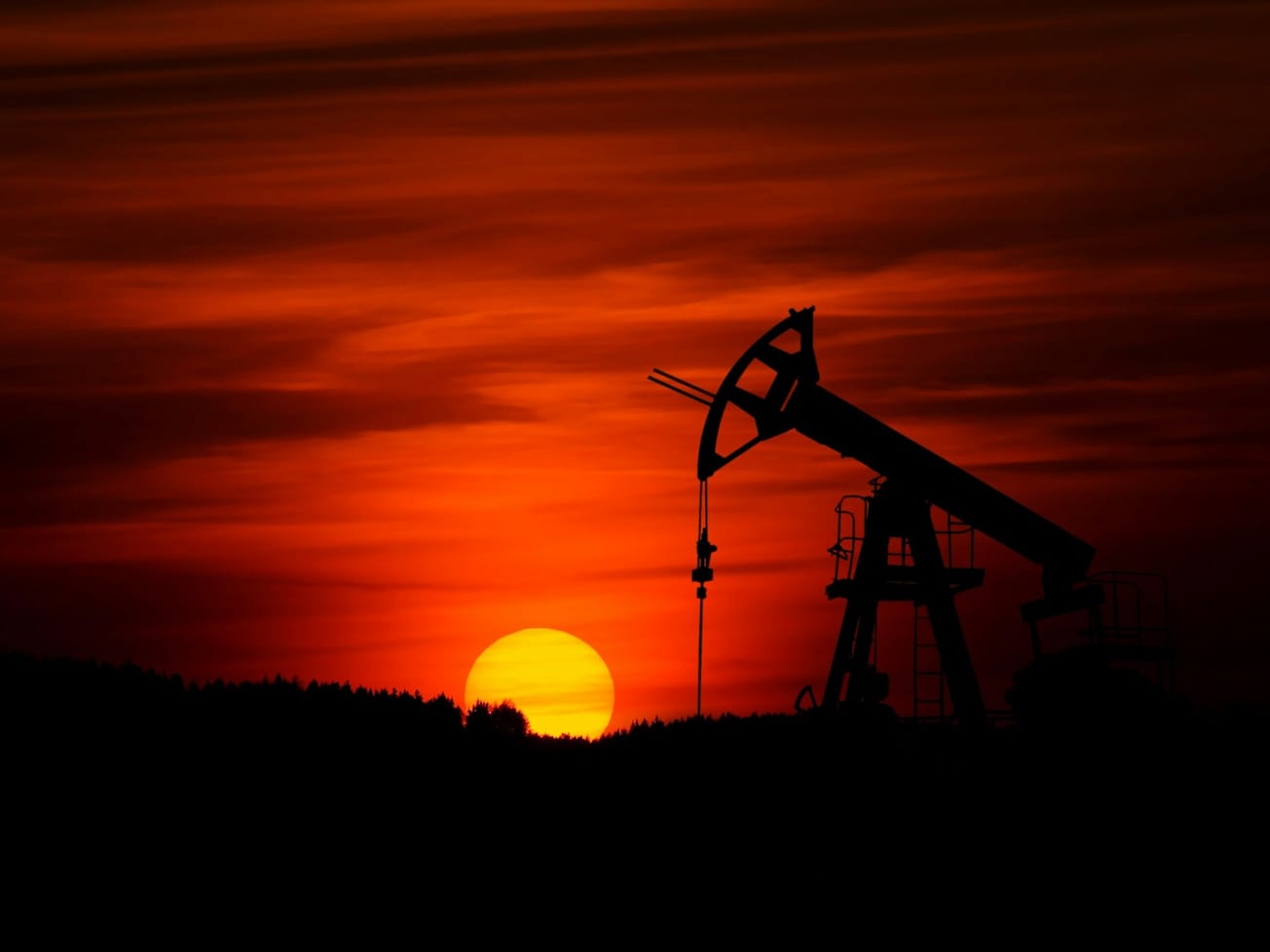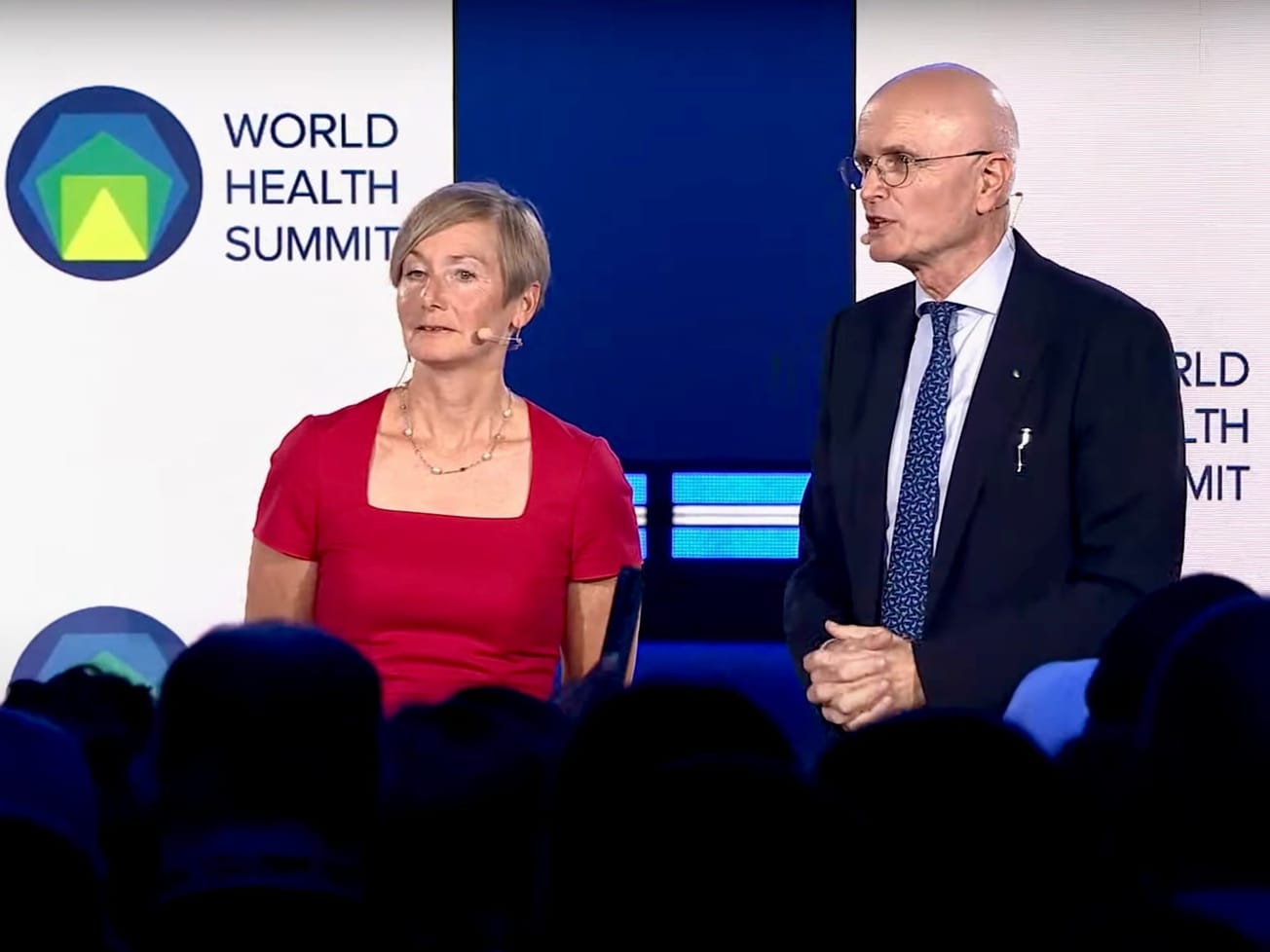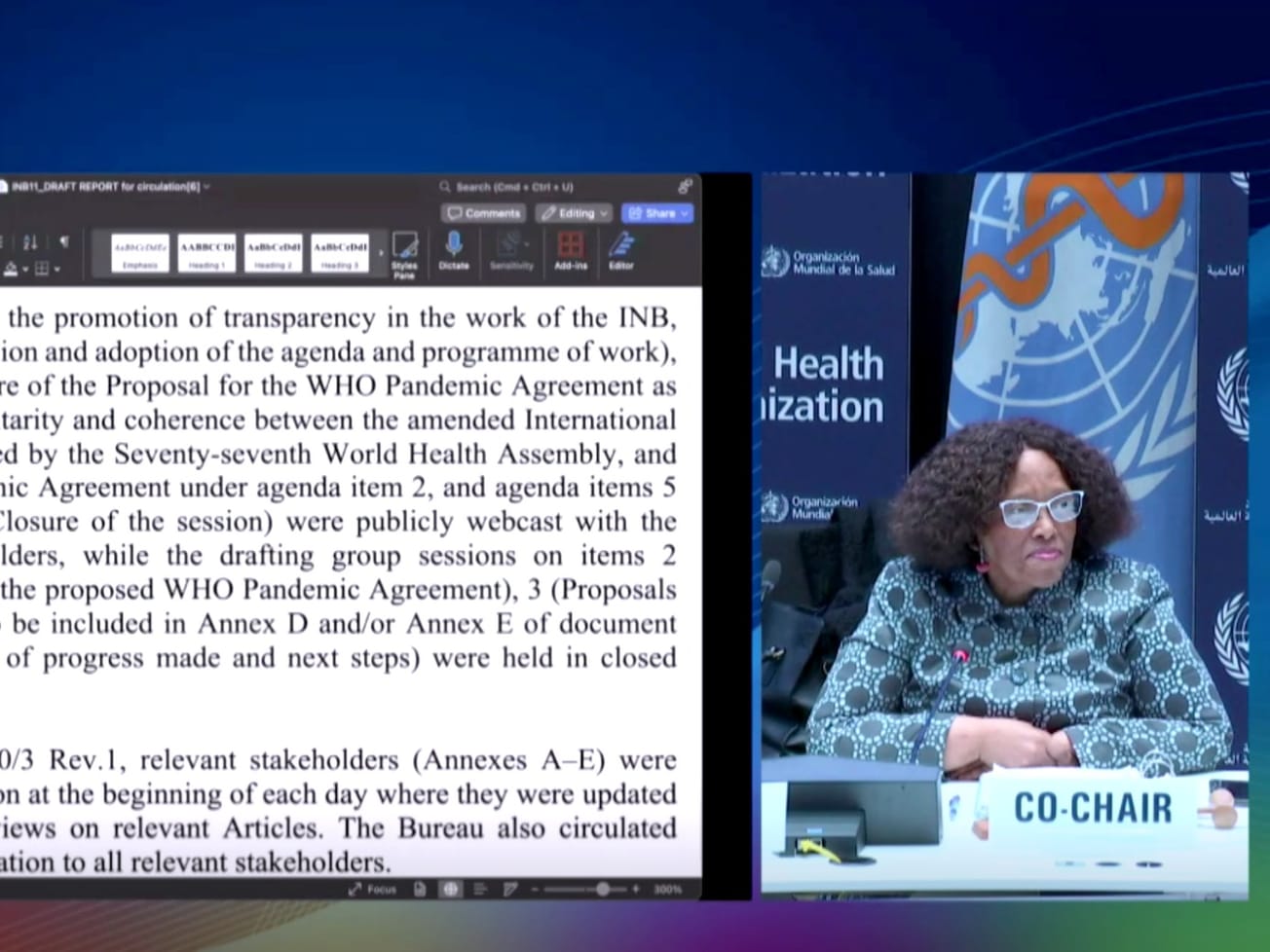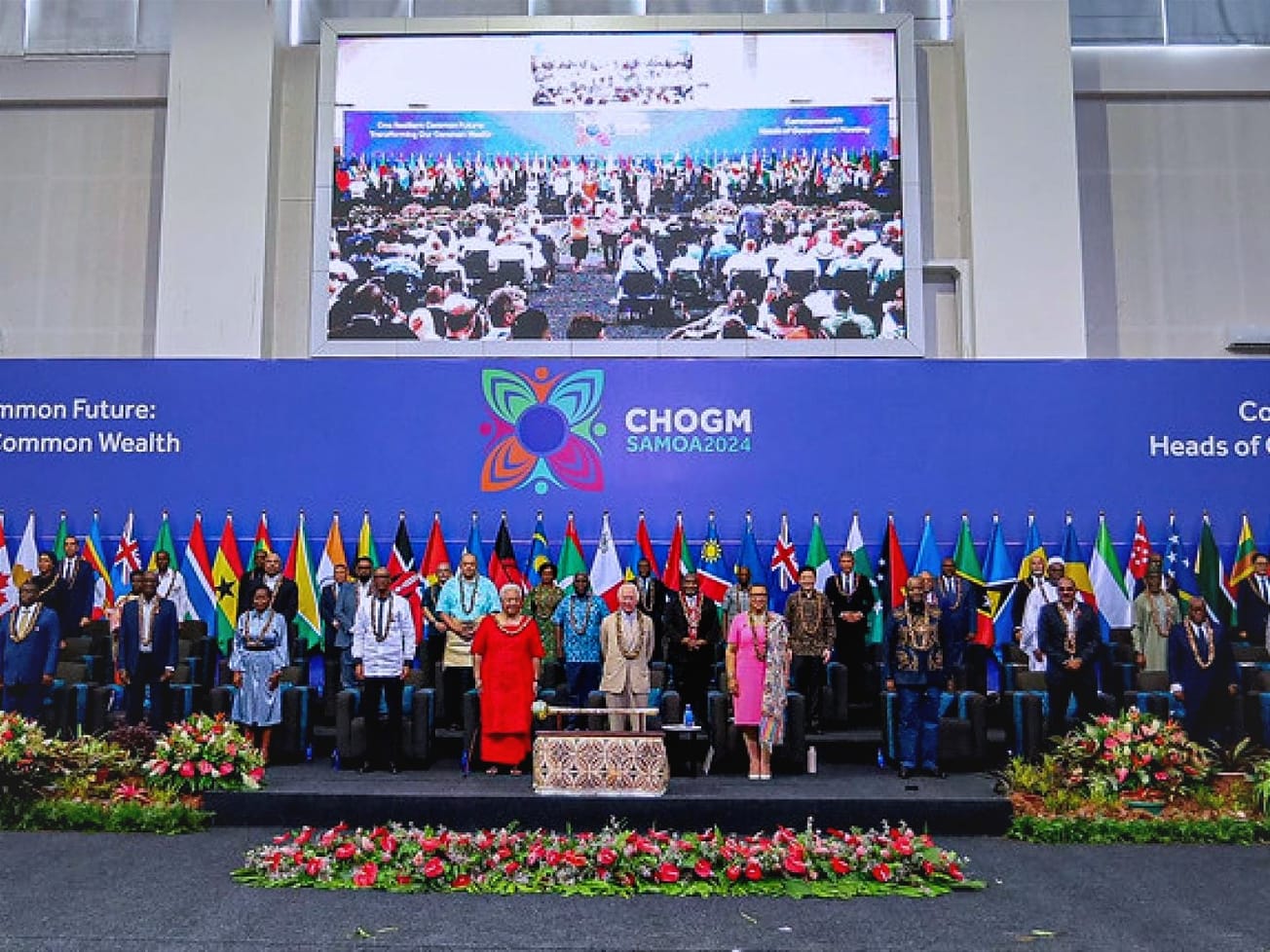The COVAX Facility's multilateral efforts have secured almost 2 billion doses of COVID-19 vaccine candidates for low-income and developing countries, several global health organizations said on Friday.
The organizations that co-lead COVAX — Gavi, the Vaccine Alliance, World Health Organization and Coalition for Epidemic Preparedness Innovations, or CEPI — said their agreements with several drugmakers mean that all of COVAX’s 190 participating and eligible member nations will have access to doses that protect vulnerable groups in the first half of 2021.
The aim of COVAX is to accelerate the development and production of COVID-19 vaccines and to guarantee all nations will have fair and equitable access.
While that is great news for many of the countries that would otherwise have to wait in line as richer countries secure most of the early shots, there are still many obstacles to be overcome in carrying out the logistics of a global vaccination campaign. The obstacles include gaining public trust, meeting cold storage requirements and hiring enough health workers.
"The challenge of delivering the vaccines that have demonstrated success, of completing the development of other promising vaccine candidates to further increase supply, and of ending the acute phase of the pandemic, lies ahead of us," CEPI's CEO, Dr. Richard Hatchett, said in a joint statement on behalf of COVAX released by WHO.
Rollout to start soon
The organizations said the first deliveries would come in the first quarter of 2021, with the first tranche of doses — enough to protect health and social care workers — delivered by summer among all nations that requested doses in this time frame.
The next deliveries would come in the second half of the year, making for enough doses to cover up to a fifth of those nations' populations. More doses would be available in 2022, though all the deliveries depend on regulatory approval.
“The arrival of vaccines is giving all of us a glimpse of the light at the end of the tunnel. But we will only truly end the pandemic if we end it everywhere at the same time, which means it’s essential to vaccinate some people in all countries, rather than all people in some countries,” WHO Director-General Tedros Adhanom Ghebreyesus said.
“And we must remember that vaccines will complement, but not replace, the many other tools we have in our toolbox to stop transmission and save lives," he said. "We must continue to use all of them."
COVAX said the agreements it has reached with drug makers so far would secure:
- 170 million doses of the AstraZeneca-Oxford candidate, via an advance purchase agreement between Gavi and AstraZeneca, enabled by a partnership agreement with CEPI to fund scale-out of manufacturing
- 200 million doses (and options for up to 900 million more) of the AstraZeneca-Oxford or Novavax candidates, via an agreement between Gavi; Serum Institute of India; and Bill & Melinda Gates Foundation
- 500 million doses of the Janssen candidate, via a memorandum of understanding with Johnson & Johnson
- 200 million doses of the Sanofi-GSK vaccine candidate, via a statement of intent between Gavi, Sanofi and GSK
- First right of refusal for a potential combined total of over 1 billion doses in 2021 of promising vaccine candidates, via agreements with CEPI, that would be produced by candidates in the COVAX portfolio.
https://youtu.be/26kuOFvCPv8


